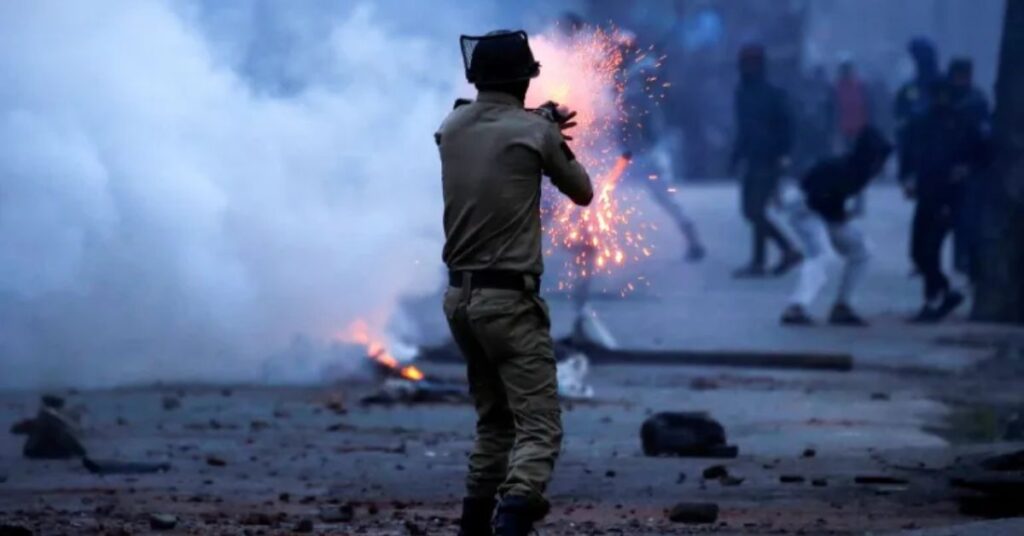KOTLI (Kashmir English): Like the rest of the world, World Malaria Day was observed in Kotli district on April 25 with an awareness walk aimed at educating the public about malaria prevention and safety. The walk started from the ADHO Office and passed through the main bazaar, ending at the District Health Officer (DHO) Office.
The walk was led by Additional District Health Officer (ADHO) Dr Mazhar Iqbal Tahir and joined by Dr Fida Hussain Butt (PPM), Health Educator Abdul Malik Usmani, Muhammad Asghar (DFC), Liaqat Ali (Incharge Sector Kotli), CDC field staff, senior general health employees, media representatives, and members of the public.
Addressing the participants on World Malaria Day, Dr Mazhar Iqbal Tahir emphasised the importance of coordination between general health workers, particularly LHVs and LHWs, and CDC teams.
He explained that malaria remains a deadly disease affecting 36 per cent of the global population and causes hundreds of thousands of deaths each year. Poor, underdeveloped, and low-income regions are the most affected.
He highlighted that warmer areas in Jammu and Kashmir, compared to other regions, have higher malaria rates. In addition, Kashmiris working in other parts of Pakistan or abroad are also vulnerable.
Dr Tahir stressed the need for support from all departments to control malaria in Kotli and the wider region. Preventative measures and hygiene practices are essential to reduce mosquito breeding.
On World Malaria Day, officials from the CDC department noted that malaria spreads through the bite of an infected female Anopheles mosquito. Symptoms usually appear six days after the bite, although in some cases they may take up to a year to develop.
Common signs include fever, chills, headaches, nausea, vomiting, diarrhoea, muscle pain, stomach and joint aches, coughing, and anxiety. In severe cases, the disease can affect the nervous system and cause skin rashes and red spots. Dr Tahir advised people to consult a doctor immediately if any symptoms appear.
Public messages urged residents to keep their homes clean, prevent water from collecting around their houses, use mesh screens on doors and windows, wear full-sleeved clothing, and use mosquito nets or coils at night.
CDC teams are actively conducting larval surveillance and health education in schools, colleges, and religious institutions. Dr Tahir called on the media to continue supporting public awareness efforts and asked citizens to cooperate with CDC staff to help eliminate malaria and dengue from the region.

World Malaria Day serves as a crucial reminder that prevention, early detection, and public awareness are key to defeating this life-threatening disease.




